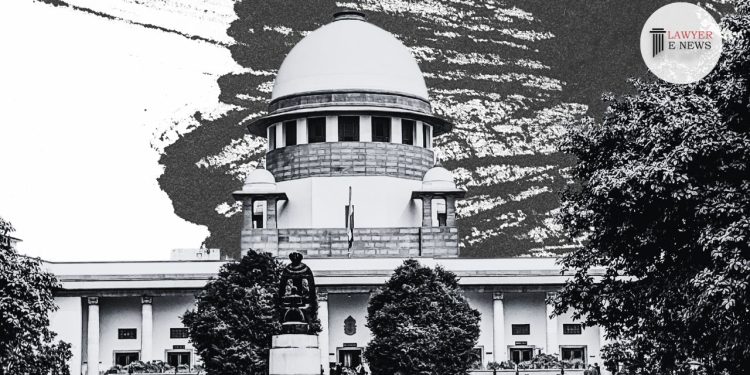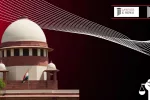‘Allegations Do Not Disclose Necessary Ingredients of the Offences’ – Dispute Is Civil in Nature, Barred by Benami Act :Supreme Court Quashes FIR

The Supreme Court of India has quashed the FIR and charge-sheet in a criminal case alleging fraud, breach of trust, and criminal intimidation in real estate transactions, holding that the allegations are civil in nature and barred under the Benami Transactions (Prohibition) Act, 1988.
Facts and Issues:
The case arose from a criminal appeal by C. Subbiah @ Kadambur Jayaraj and others against the dismissal of their petition to quash the proceedings in Criminal Case No. 250 of 2012. The complainant, a government teacher previously involved in real estate, accused the appellants of inducing him to invest in land deals by claiming strong political connections and promising high returns. He alleged that the appellants registered properties in their names instead of his, ultimately defrauding him and not honoring their profit-sharing promises.
Court Assessment:
Civil vs. Criminal Nature of Dispute:
The Court held that the allegations pertain to a civil dispute regarding profit-sharing in real estate deals.
“A breach of contract does not give rise to criminal prosecution for cheating unless fraudulent or dishonest intention is shown right at the beginning of the transaction.” [Para 40]
Fraudulent Intention:
There was no material to show that the appellants had a fraudulent intention at the inception of the transactions.
“There is no material whatsoever on the record of the case to show that the intention of the accused appellants was to defraud the complainant right at the time of the inception of the transactions.” [Para 21]
Benami Transactions:
The Court found that the transactions were benami, barred under Section 4 of the Benami Transactions (Prohibition) Act, 1988.
“Since by virtue of the provisions contained in Sections 4(1) and 4(2) of the Benami Act, the complainant is prohibited from suing the accused for a civil wrong, as a corollary, allowing criminal prosecution of the accused in relation to the self-same cause of action would be impermissible in law.” [Para 36]
Abuse of Process of Law:
The Court determined that the proceedings were an abuse of the process of law, as the allegations did not disclose the necessary ingredients of the offences.
“We are persuaded to accept the contention of learned counsel for the accused appellants to hold that the criminal prosecution instituted against the accused appellants in pursuance of the totally frivolous FIR tantamounts to sheer abuse of the process of law.” [Para 46]
Decision: The Supreme Court quashed FIR No. 305 of 2011, the subsequent charge sheet, and all related criminal proceedings. The appeal was allowed, and the impugned order of the Madras High Court was set aside.
Date of Decision:May 15, 2024
Subbiah @ Kadambur Jayaraj and Others vs. The Superintendent of Police and Others






